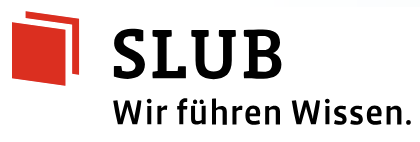The Musical Concentration Training with Pepe (MusiKo mit Pepe): Results of a follow-up study
DOI:
https://doi.org/10.62563/bem.v2015114Keywords:
ADHS, Evaluation, Follow-Up, Gruppenprogramm, MANOVA, MusiKo mit PepeAbstract
The Musical Concentration Training with Pepe (MusiKo mit Pepe) is a group intervention for five to ten year-olds with attention deficits. This study deals with the stability of the effects of the training (3-month-follow-up) in regard to the attention capacity, children’s self-reported quality of life, ADHD symptomatology, social behavior and internalizing problems in parent and teacher ratings. The statistical analysis is based on a multivariate two-factor control group design with three measurement times. The treated experimental group consisted of 62 children while the control group was composed of 46 children. The attention capacity was assessed with the Test of Attentional Performance for Children (KiTAP), and the quality of life was measured using the Children´s Questionnaire (KINDL-R). Parents and teachers completed the Symptom Checklist for Attention Deficit Hyperactivity Disorders (FBB-ADHS) and for Conduct Disorder (FBB-SSV), which surveys the Diagnostic System of Mental Disorders in Children and Adolescents II based on ICD-10 and DSM-IV (DISYPS II). In addition, the Child Behavior Checklist and the Teacher´s Report Form (CBCL; TRF) were applied. MANOVA results for the experimental group show significant stable improvement in the children`s attention capacity, a reduction of ADHD symptomatology in the parent and teacher ratings, as well as a decrease of internalizing problems in parent ratings. The follow-up study also confirms the stability of the effects of the Musical Concentration Training with Pepe (MusiKo mit Pepe).
Keywords: ADHD, evaluation, follow-up, group intervention, MANOVA, MusiKo mit Pepe
Downloads
How to Cite
Issue
Section
License
Bulletin of Empirical Music Education Research (b:em) is published as an open access online journal. All articles are freely accessible online free of charge, there are no publication fees (Diamond Open Access). The standard licensing of the articles is CC BY-NC 4.0 (Creative Commons Attribution-Non Commercial 4.0 International (CC BY-NC 4.0))


